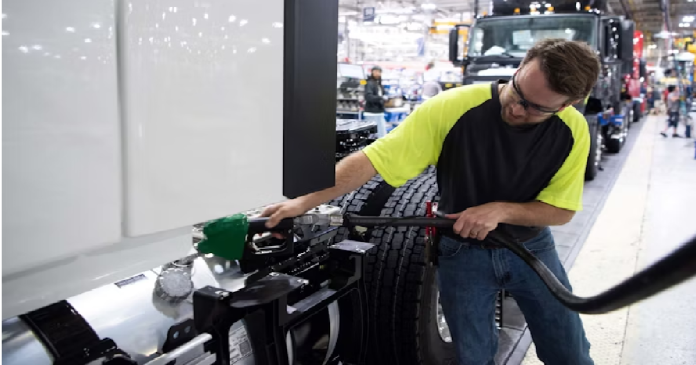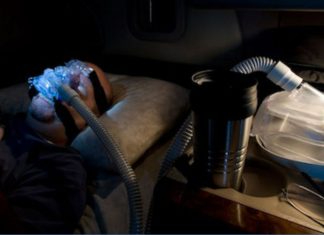On Wednesday, the Biden Administration, under the leadership of President Joe Biden and with the support of the Department of Transportation (DOT), announced a significant investment aimed at reducing emissions and improving air quality. A total of $148 million in grants has been distributed across 11 states and Puerto Rico. This funding, part of the $400 million Reduction of Truck Emissions at Port Facilities Grant Program, is a critical step in the Bipartisan Infrastructure Law enacted in November 2021. The primary focus is to decrease pollution from idling trucks at major U.S. ports, enhancing both supply chains and infrastructure along the way.
U.S. Transportation Secretary Pete Buttigieg emphasized the adverse effects of truck idling, which harms drivers, disrupts supply chains, and significantly affects air quality in neighboring communities. Plans for the grant include major updates at the ports of Long Beach, Oakland, and Los Angeles, such as phasing out diesel and gas-powered trucks in favor of electric alternatives. These changes aim to equip these ports with zero-emission technologies, aligning with broader environmental objectives.
Federal Highway Administrator Shailen Bhatt highlighted the program’s broader impacts, pointing out its potential to improve living conditions for those affected by port-related pollution. This initiative is not just about enhancing air quality but also about fostering a clean-energy economy that is resilient and capable of combating climate change effectively.
In a related development, the administration unveiled an ambitious plan involving over $1 billion in funding and incentives to accelerate the transition to zero-emission heavy-duty trucks. This initiative includes establishing a comprehensive network for charging and refueling infrastructure, strategically located along high-priority freight corridors and hubs. This infrastructure investment is designed to align with President Biden’s vision for a carbon-free energy sector by 2035 and a net-zero emission transportation sector by 2050.
The Environmental Protection Agency (EPA) also announced a substantial $1 billion funding provision under the Inflation Reduction Act for the replacement of fossil-fuel powered vehicles with zero-emission alternatives. This funding will not only support the acquisition of zero-emission vehicles but also the necessary infrastructure and workforce development required for these technologies. Concurrently, the American Transportation Research Institute (ATRI) has identified renewable diesel as a cost-effective and environmentally friendly alternative to traditional diesel, showing significant adoption, particularly in states like California and Oregon.
Renewable diesel is gaining traction, highlighted by its chemical similarity to traditional diesel, allowing it to be used in existing engines without modifications. This has encouraged companies like Mack Trucks and Volvo Trucks to integrate hydrotreated vegetable oil (HVO), a type of renewable diesel, in their operations. Mack Trucks, for instance, has started using HVO to operate its newly assembled trucks, significantly reducing their carbon footprint.
Similarly, Volvo Trucks has adopted a multi-faceted approach to decarbonization, incorporating battery electric, hydrogen fuel cell, and renewable fuels. Their latest trucks are leaving the assembly line with tanks filled with HVO, which is expected to replace over a million gallons of fossil-based diesel annually and achieve a substantial reduction in CO2 emissions. This approach underscores Volvo’s commitment to sustainability and its proactive role in the transition to cleaner energy solutions in the transportation industry.
Together, these efforts by the Biden Administration and industry leaders mark a transformative period in transportation, emphasizing innovation and sustainability to tackle pollution and pave the way for a greener future.
















